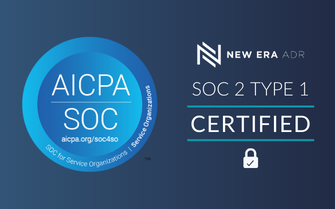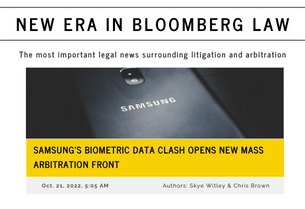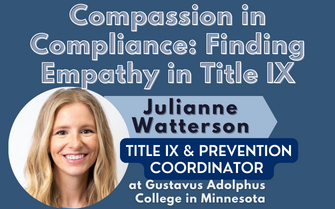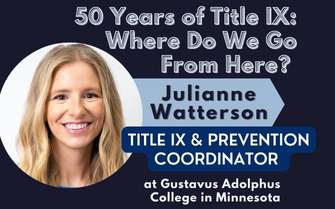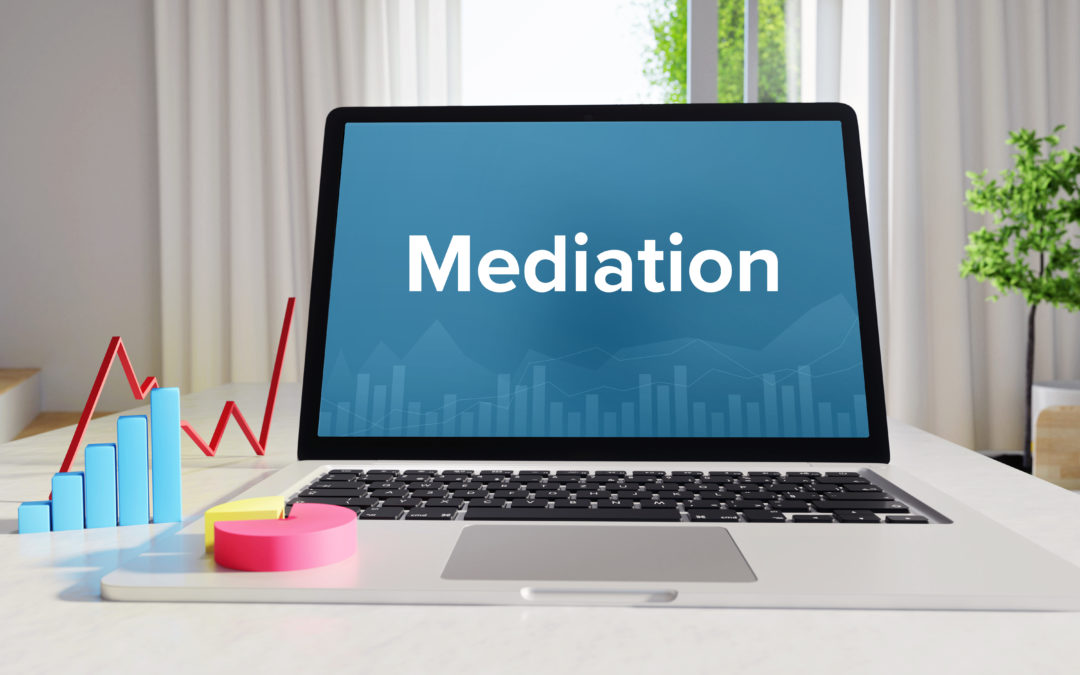
The COVID pandemic has fundamentally changed the way we live, work and operate. The vaccine offers great hope of life going back to normal but slowing vaccination rates, the rising potency of virus variants, and the possibility of returning to mask mandates and social distancing makes the timeline even more uncertain. Even if we do achieve a new normal that looks a great deal like “the before”, it is undeniable that there will be a substantial economic hangover as a result of almost 2 years of social distancing, isolation, and other COVID-related mitigation measures.
One area impacted particularly hard by the pandemic has been the court system. Although an increasing number of courts are equipped for e-filing and many courtrooms are adopting and implementing video technology, the truth is, the domestic justice system still relies heavily on paper and in-person interaction. Accordingly, the majority of court systems have slowed to a crawl, particularly on the civil side where pecuniary and equitable damages take a logical back seat to the necessity of pushing criminal cases to conclusion.
While we can optimistically assume this pandemic will end — though, lately, that end seems to be farther away by the day — when courts are back to fully open for business again, there will be a substantial backlog of civil cases that need to slowly make their way through the courts’ dockets. Additionally, the economic impact of the virus alone dictates that disputes are not only going to continue, they are likely to increase exponentially as defaults occur, contractual obligations remain unmet, businesses close, and on and on and on. All of these factors could leave civil litigants in judicial purgatory waiting for their cases to move forward, potentially for the next 2-4 years, or longer. So what are the options for a business or individual who wants to eliminate the stress and anxiety associated with having a lawsuit stalled in court and hanging over them like a rain cloud.
Well, there may be a simple solution that also happens to be the most digitally friendly form of dispute resolution: mediation. For those who may be unfamiliar with the concept of mediation, it is a process where the two opposing parties engage an impartial/neutral third party to help them both understand the strengths and weaknesses of their cases in an attempt to reach a mutually agreeable resolution that ends the litigation. The mediator goes back and forth between the parties attempting to narrow the gap and achieve resolution.
Most often mediation occurs in the middle of litigation when the parties have grown tired of the time and resources necessary to perpetuate the fight. It can be a Hail Mary to see if the “neutral” can assist the parties in bridging their differences and freeing them from the economic and emotional bonds associated with pushing a lawsuit forward. But mediation can occur at any time, even pre-litigation. Furthermore, it is easily facilitated virtually because it involves far less of the three P’s of litigation: process, procedure, and paper. It can take as little as a few hours or a day, does not require the parties to come to an agreement, thus preserving the right to continue litigating, and maintains confidentiality. But, most mediations result in an agreeable settlement.
Additionally, there is an existing concept of a “med-arb” or “binding mediation” where the parties can engage in a mediation and, if they fail to reach a resolution, the mediator can issue a judgment in favor of one of the parties based on the merits of the case. While one party “loses” in this scenario, the litigation ends nonetheless, allowing both parties to move on.
Ironically, parties often initiate litigation with the misconception that they are going to “win” and walk out of the courthouse with their fists raised in silent jubilation. The reality is between 80 – 92% of cases settle before they ever reach trial. In which case no one “wins.” And for the cases that do reach trial, the parties have often absorbed extraordinary costs and expenses, whether monetary, emotional, or both, to reach that point, dictating that any “win” may only be superficial.
So in a COVID and post-COVID world where dockets are likely to be jammed, recovery slow, disputes abundant, and the likely outcome of any dispute remains a settlement, mediation simply makes sense. It can be accomplished digitally, saves time and money, and can be conducted prior to litigation thus saving a fiscal and emotional toll on the parties. In fact, instead of being a mid-litigation Hail Mary, in many cases mediation should be the first step in any litigation process, grounding the parties in the strengths and weaknesses of their case while encouraging positive discourse and rational decision-making.
